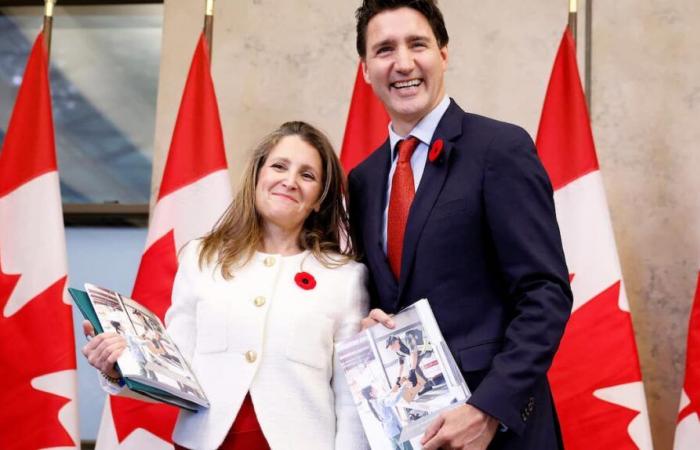Justin Trudeau recently announced a temporary GST holiday on a host of products, including chips and beer. Some call this an electoral announcement. I would also talk about fiscal populism.
Populism is a political style consisting of developing public policies with the aim of pleasing the population, but without taking into account the opinions of elites, for example experts, or even by despising the latter.
Fiscal populism consists of promising tax reductions in order to obtain popular support, even when these reductions are neither economically efficient nor responsible in terms of public finances, according to business leaders, economists or tax experts.
The recently announced GST cut ticks all the boxes for fiscal populism. It is clearly the work of a government losing popularity ready to do everything to please as many voters as possible. It will have little benefit to the poor who by definition spend less and therefore pay less taxes.
It will not act in the long term to encourage behavior having what experts call positive externalities, that is to say positive effects for society. For example, permanently abolishing the GST on gym memberships could promote healthy lifestyle habits. The complete opposite of what the announced GST reduction will do.
And obviously, this reduction will further widen the deficit, which is nothing other than service cuts and postponed tax increases.
However, experts agree that a serious plan to return to budget balance is necessary.
This is not to say that we must avoid all forms of tax populism and embrace tax elitism, that is, a tax policy that would be based on expert opinions without taking into account public opinion.
The point is to say that between these two extremes, a balanced fiscal policy is possible… and more desirable than ever.






